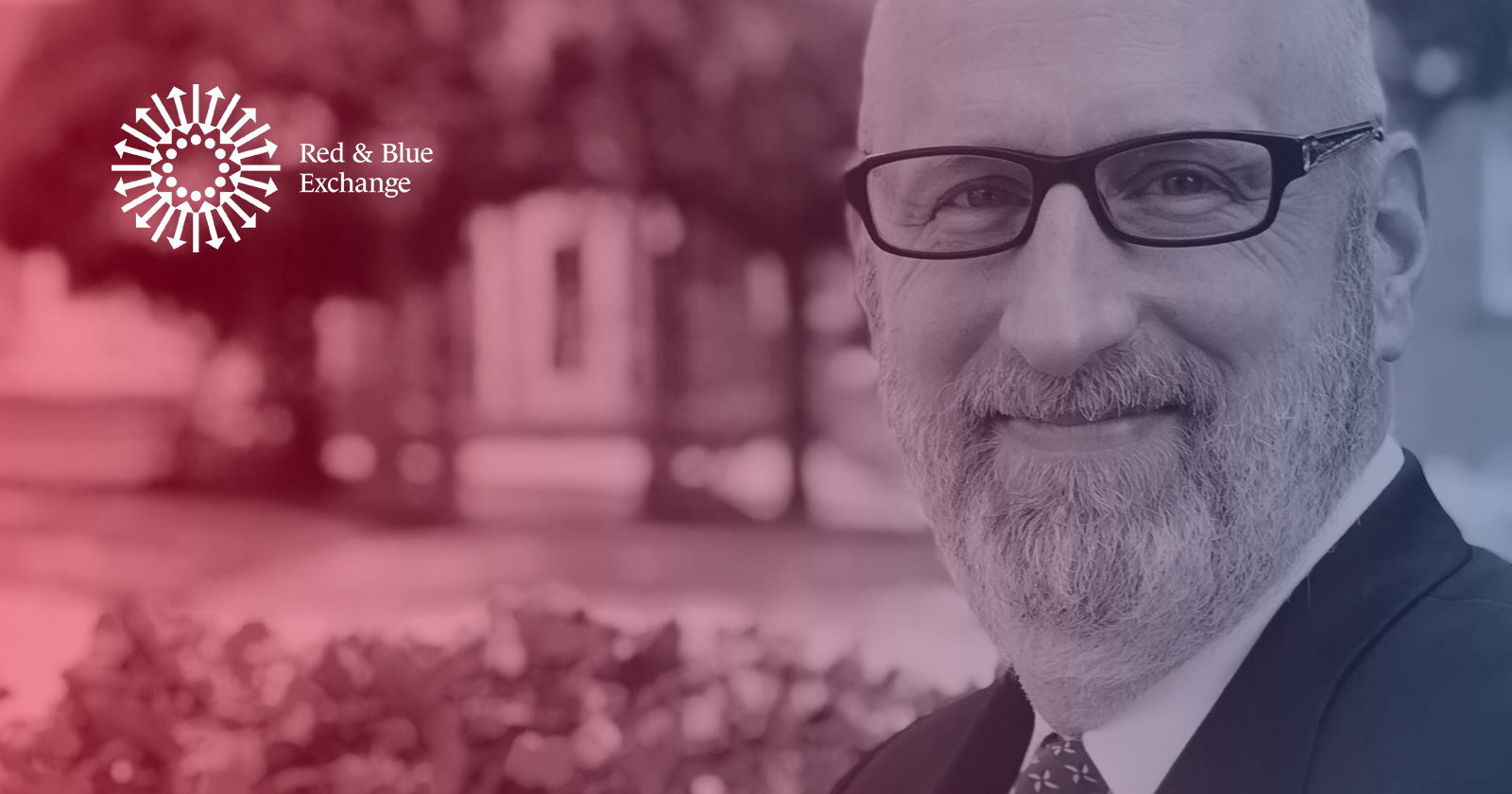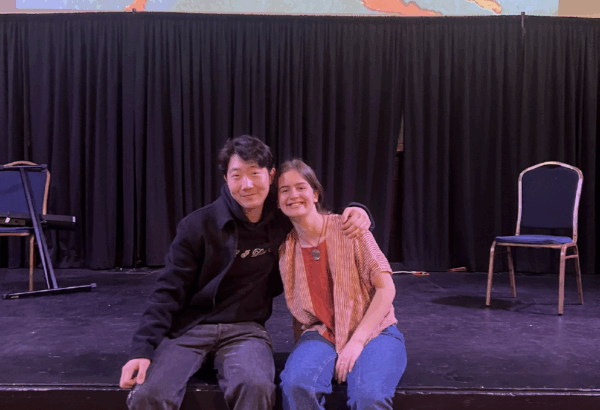French, an evangelical Christian who is senior editor of the TheDispatch.com and just launched a newsletter for The Atlantic called The Third Rail, spoke from the basement of his home in Franklin, Tenn. He described his community as one of America’s “landslide districts” – in this case tilting deep red. These pockets of political uniformity are spawned, he said, by our accelerating tendency to sort ourselves geographically by culture and political outlook.
French said many Americans are unfamiliar with, fearful of and alienated from people who differ with them politically. Therefore, he said, he’s become concerned that secession, a breaking apart of America, has become a real possibility.
“A few years ago, when I first began writing about this, people thought I was a loon for warning about it,” he said. “Now, a lot of people of saying: I think it might happen. Some are saying: I want it to happen, which is a whole different conversation.”
Paradoxically, French said, one way to avert the catastrophe of secession might be to curb our habit of talking about everyday politics in catastrophic terms.
“Even though I worry about secession, I spend a lot of time telling people to chill out; that not everything is as big a crisis as you think it is,” he said. “We need to calm down about the day-to-day give-and-take of politics. We need to guard against catastrophism, saying things like: America is over if this candidate wins. This constant exaggeration of the stakes of every political dispute is making people angry, putting them on edge. It makes them more vulnerable to misinformation and to claims that the world is crashing down around them, making extreme responses justified.”
Citing “seeds of hope,” French said he sees signs that enough people in the “exhausted majority” are so sick and tired of polarized rhetoric and media cocoons that they are moving from “alienated to motivated.”
“They are saying: We’ve got to figure this out. We’ve got to find a way to live together in a 51-49, or a 53-47 world. … They understand America is too diverse, too pluralistic, to have unanimity. You can’t eliminate conflict: you have to learn how to manage it.”
After giving a talk of 30 minutes, French had a dialogue with three Penn students affiliated with RBX, which is an initiative of the SNF Paideia Program. The students – Charles Ross, Connor Gibson, and Lindsey Perlman – chatted with French about free speech issues on campus, ways that media profit incentives fuel polarization, and how to accept the costs that might come with speaking your mind in a polarized atmosphere.
Then French spent the final half hour answering questions on a variety of topics posed by the Zoom audience.
Some other memorable quotes from French:
- “Norms change rapidly in polarized communities. If you’re in the middle of these rapid changes, it seems normal and logical. You experience this change as enlightenment. But from the outside it can seem strange, exotic even bizarre. This happened in conservative circles, where people I know went very swiftly from holding their nose in order to vote for Donald Trump to piloting the third boat in the boat parade.”
- “Negative partisanship is when you hate or fear your opponent more than you have love for your own side.”
- “We have two warring tribes constantly being fed a stream of horrible news by their media cocoons: with no brake on it. The vulnerability to believe wildly irresponsible things does not spring out of nowhere. It begins with enabling lies, a background of untruth, which then makes people vulnerable to activating lies.”
- “If you’re part of the political class of America – the more you are very engaged politically and consume a lot of political media – the chances are that you’re more wrong about your political opponents. You tend to believe they are more extreme than they really are and that they hate you for more than they actually do.”
The Red and Blue Exchange’s mission is to promote civil dialogue and viewpoint diversity on the Penn campus and beyond. It does so by holding speaker events such as this one and the regular student dialogue events known as Can We Talk?
If you like this content and want more, follow us on social media and subscribe to our listserv.




